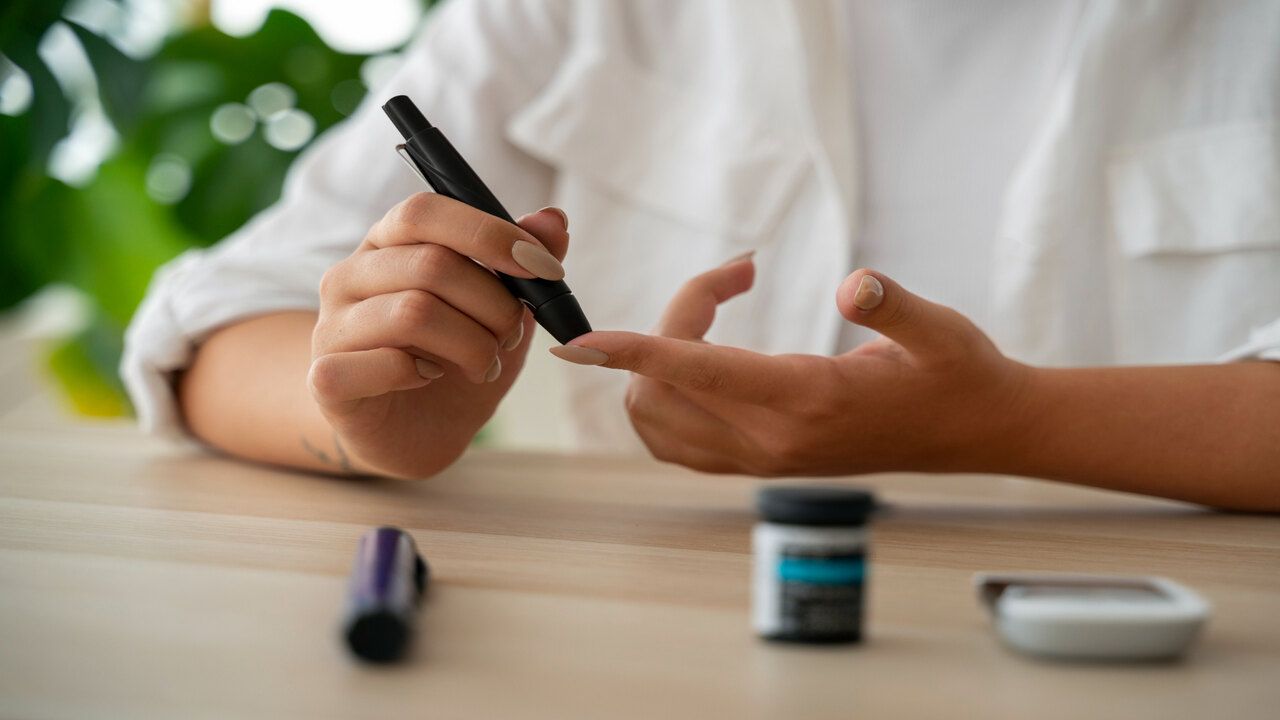Your Body Is a Science Experiment: The Hormones That Run the Show
Oct 20, 2025
We often think of our bodies as fixed machines—set in their ways, running on autopilot. But what if you thought of your body more like a science experiment? Every choice you make—what you eat, when you sleep, how you move—is a variable in that experiment. The results you see in your energy, hunger, and weight are the outcomes.
And just like any experiment, there are underlying principles at work. Three of the most powerful “research assistants” in your body are hormones: Insulin, Leptin, and Ghrelin.
Step 1: Form a Hypothesis
In science, you start with a hypothesis: If I change this, then that will happen.
- If I eat more sugar, then I’ll feel more energetic.
- If I skip meals, then I’ll lose weight.
- If I snack late at night, then I’ll sleep poorly.
But are those hypotheses always correct? Not necessarily. That’s why your body gives you feedback—through hunger, cravings, energy dips, or even weight gain.
Step 2: Test the Variables
This is where insulin, leptin, and ghrelin come in. They are the messengers that carry data back to your brain.
- Insulin: Manages how your body handles sugar. It pulls sugar from your blood into your cells. When insulin is constantly elevated (from frequent snacking or too much sugar), your body stores fat instead of burning it.
- Leptin: Acts as the “I’m full” signal. It tells your brain when you’ve had enough to eat. But with overeating or weight gain, your brain may stop “hearing” leptin—this is called leptin resistance, and it leaves you feeling hungry even after eating.
- Ghrelin: Known as the hunger hormone. It rises when your stomach is empty and drops after you eat. It’s your body’s way of testing whether you need fuel.
Step 3: Analyze the Results
Like any good experiment, you look at the outcomes. Did your energy improve? Did your cravings lessen? Did your sleep get better? If the results don’t match your hypothesis, you tweak the variables—adjust meal timing, balance your plate, or cut back on hidden sugars.
Step 4: Repeat and Refine
Science is not one-and-done. Neither is your body. Each day, you have a chance to run a new “trial.” Maybe today you test eating your last meal earlier. Tomorrow, you try reducing sugary drinks. Over time, you collect data—your own lived experience.
The Big Takeaway
Your body is not failing you—it’s running an ongoing experiment. Insulin, leptin, and ghrelin are just three of the hormones acting like research assistants, sending signals and recording outcomes. When you pay attention to them and adjust the variables, you move closer to balance.
Think like a scientist: make a hypothesis, test it, watch the results, and adjust. That’s how you create lasting change, not by guessing, but by experimenting.
Learn more about personalized coaching and schedule a complimentary consultation today.
